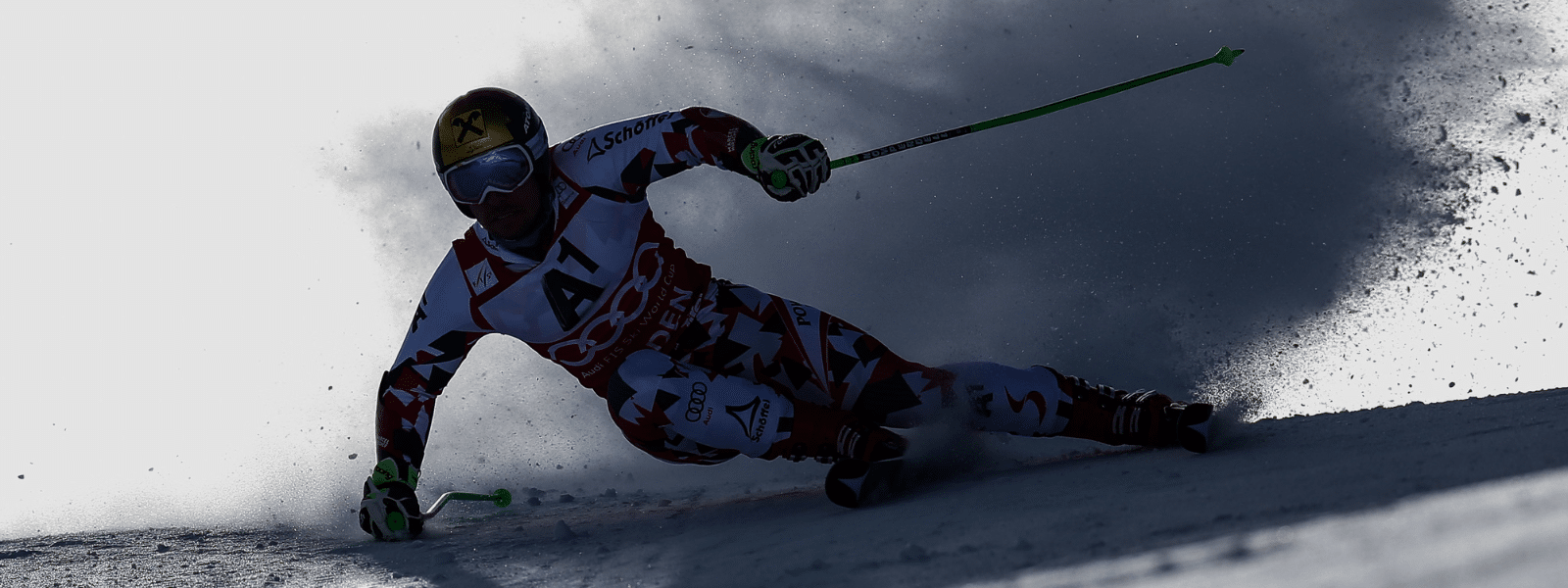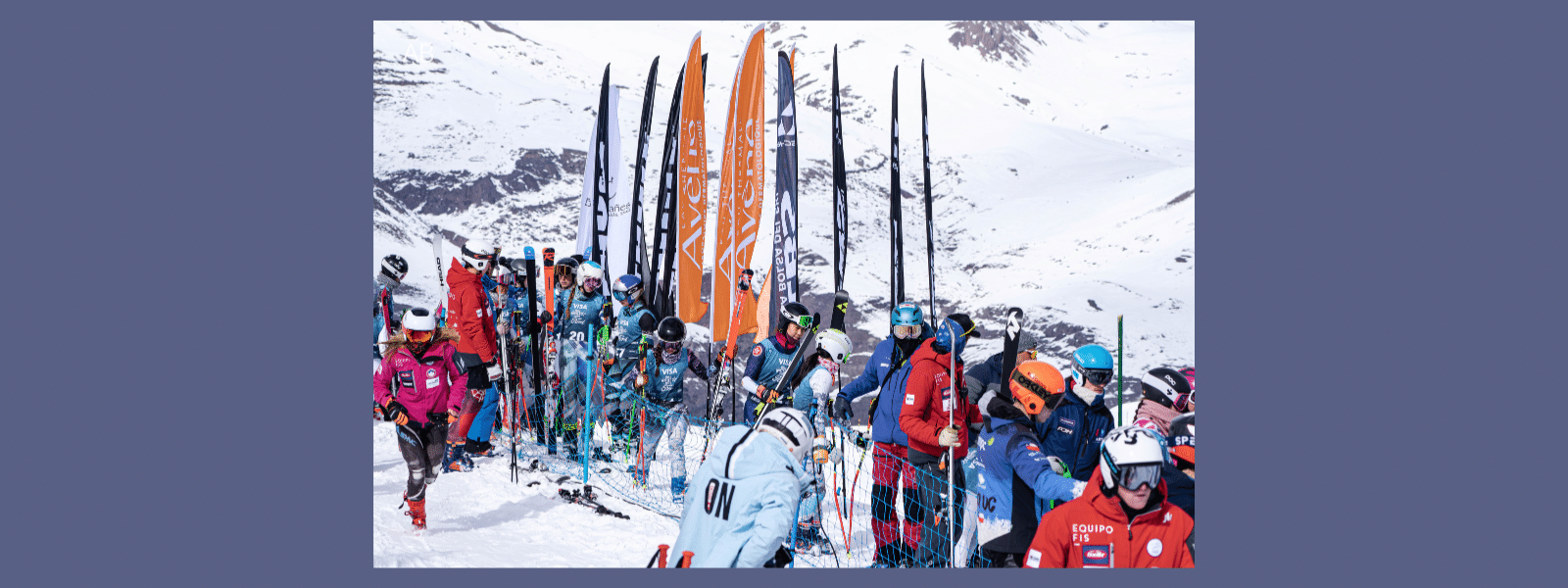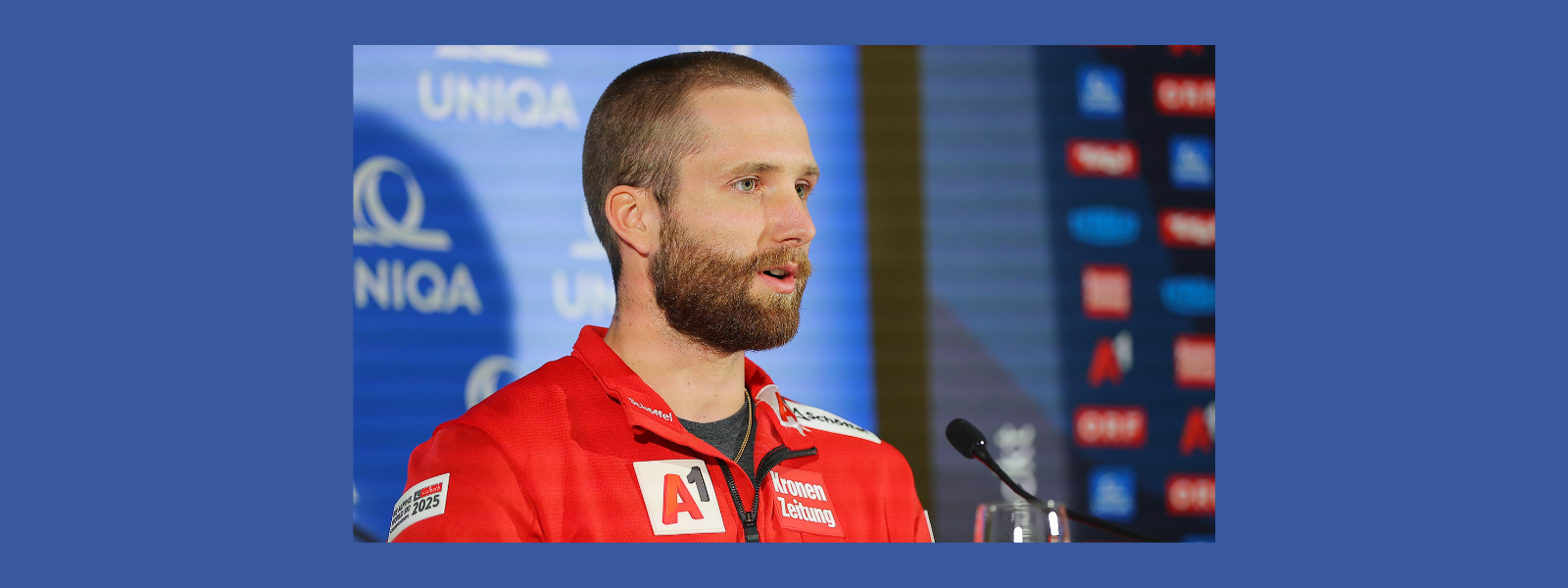2014 Olympic bid cities lobby hard in Beijing
The world's biggest sports convention is taking place in the city that will host the 2008 Summer Olympics fewer than 500 days from now. The spotlight, though, is on a winter games still seven years away.
BEIJING — The world's biggest sports convention is taking place in the city that will host the 2008 Summer Olympics fewer than 500 days from now. The spotlight, though, is on a winter games still seven years away.
The three candidates for the 2014 Olympic Winter Games are lobbying intensely in Beijing this week at the last major international sports gathering before the IOC selects the host city on July 4 in Guatemala City.
''Hopefully those (IOC members) who haven't made up their minds yet can make some choices here,'' said Russian sports chief Vyacheslav Fetisov, the former Soviet and NHL hockey great who is a leader of Sochi's 2014 bid.
Sochi, a resort on Russia's Black Sea coast, is competing against Pyeongchang, South Korea, and Salzburg, Austria, in what has been a relatively low-key campaign compared to the glamorous race for the 2012 Summer Games, won by London in 2005.
Top-level delegations from the three 2014 cities get a crucial chance to pitch their case at the SportAccord conference, which coincides with a two-day International Olympic Committee executive board meeting beginning Wednesday. The IOC agenda includes the investigation into the Austrian doping scandal at last year's Torino Winter Games, proposals for a youth Olympics starting in 2010 and the politically sensitive torch relay route for the Beijing Games
But it's the 2014 race which is the most visible issue at stake in the lobby, hallways and bars of the convention hotel. On Tuesday, clusters of bid city leaders, lobbyists and PR advisers huddled in strategy sessions and buttonholed IOC members, international sports federation officials and various delegates.
''It's our only chance to present our bid to a big number of IOC members,'' said Franz Klammer, the 1976 Olympic downhill gold medalist who is a top official in Salzburg's candidacy. ''It's very important for us to be here and get all the contacts and information and feedback. IOC members are starting to think about the July 4 vote. I hope we can make an impact.''
About 1,400 people are accredited for the convention, including 40 or so IOC members and heads of all 35 Olympic sports federations and dozens of non-Olympic sports bodies.
On Wednesday, the bid cities will make 15-minute formal presentations to the conference in what amounts to a dress rehearsal for the IOC session in Guatemala.
''It is a very important opportunity for Pyeongchang to campaign for our bid and seize the initiative in the 2014 race,'' said Kim Jin-sun, governor of South Korea's Gangwon province. ''The race is neck and neck. A lot of people haven't been to Pyeongchang and we want to make them aware of all we have to offer.''
In a sign of the rising tensions in the 2014 campaign, rivals took issue with a large Pyeongchang 2014 billboard installed outside the entrance to the hotel, suggesting it violated or bent IOC rules limiting promotional signs and posters. The billboard stayed up, but the Olympic rings were removed to stay within the guidelines.
On another issue, international federations reiterated their complaints Tuesday that the U.S. Olympic Committee receives too big a share of Olympic revenues. Under a long-standing deal with the IOC, the USOC receives a 12.75 percent share of U.S. TV rights fees and a 20 percent slice of global marketing revenues. The IOC is under pressure to cut the U.S. allocation, an issue that will be discussed Wednesday.
''There have been ongoing discussions about this for a long time,'' said Bob Ctvrtlik, the USOC's vice president for international affairs. ''We've been improving our relations with the IOC. We're looking at ways to grow the total revenues.''
Salzburg, which finished third in the vote for the 2010 Winter Games, which went to Vancouver, is viewed as a slight favorite for 2014. The Austrian city plays up its reputation as a traditional winter sports mecca with most venues in place and capable of recreating some of the magic of smaller Olympic cities such as 1994 host Lillehammer, Norway.
''We are a safe choice,'' Klammer said.
Sochi, which is pushing to bring the Winter Games to Russia for the first time, has the strong backing of President Vladimir Putin and aims to develop a new winter sports complex in an area that features palm-fringed beaches and snowcapped mountains. Deputy Prime Minister Alexander Zhukov is leading the delegation in Beijing.
''We want the Sochi Games to be a showcase for the new Russia and provide a new winter sports center for the world,'' Fetisov said.
Pyeongchang, which nearly upset Vancouver in the 2010 vote four years ago, is back with a bid promoting peace and reconciliation on the divided Korean peninsula and promising to expand winter sports in Asia. It faces a perception that South Korea may have already won its share of major sports events: The 2014 Asian Games were awarded last week to Incheon, and Daegu got the 2011 World Athletics Championships in March.
Kim, the Gangwon governor, said those events are completely separate and should not be linked to the Olympic race.
''It's just a matter of coincidence,'' he said. ''For the Korean government and Korean people, bringing the games to Pyeongchang in 2014 is the No. 1 goal.''
— The Associated Press













